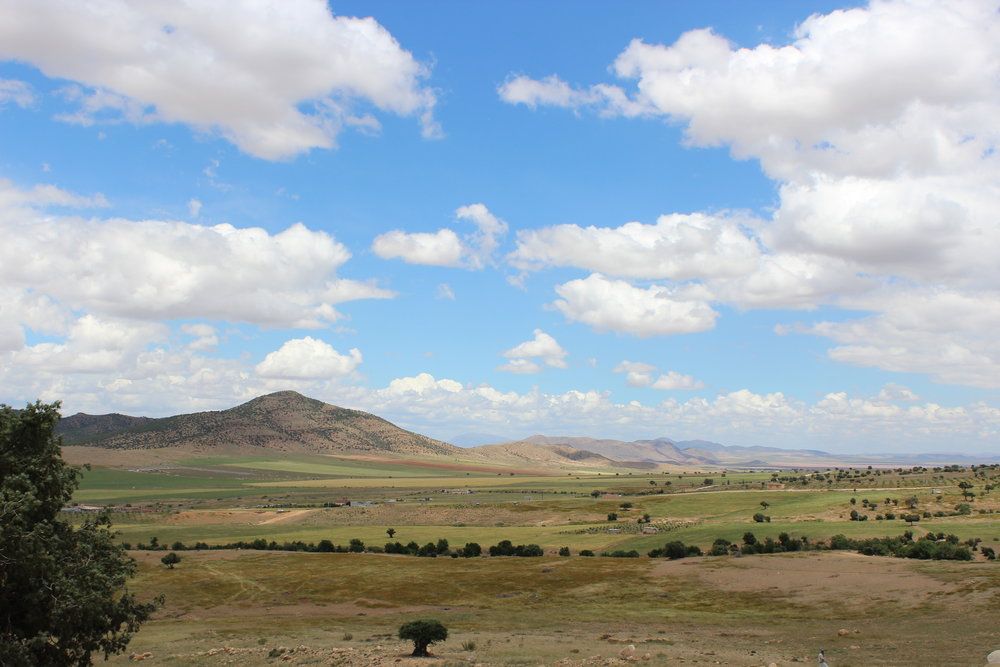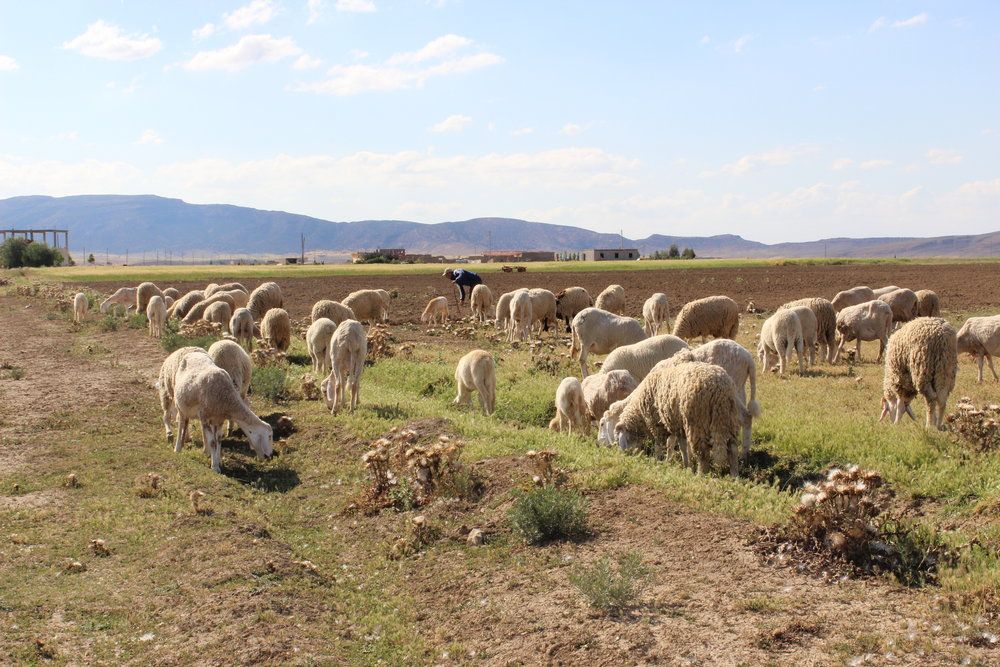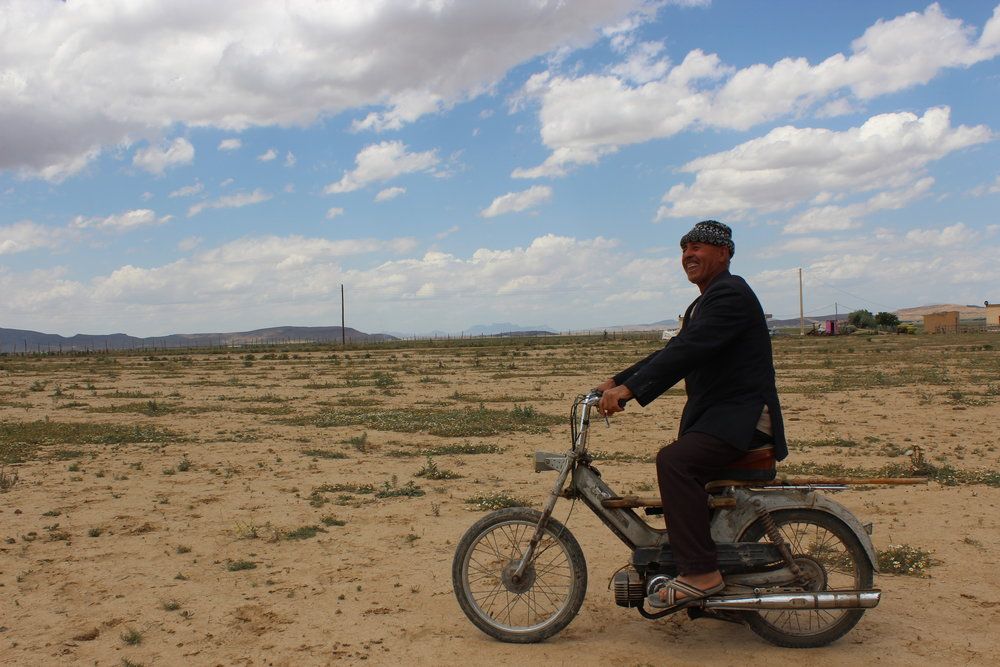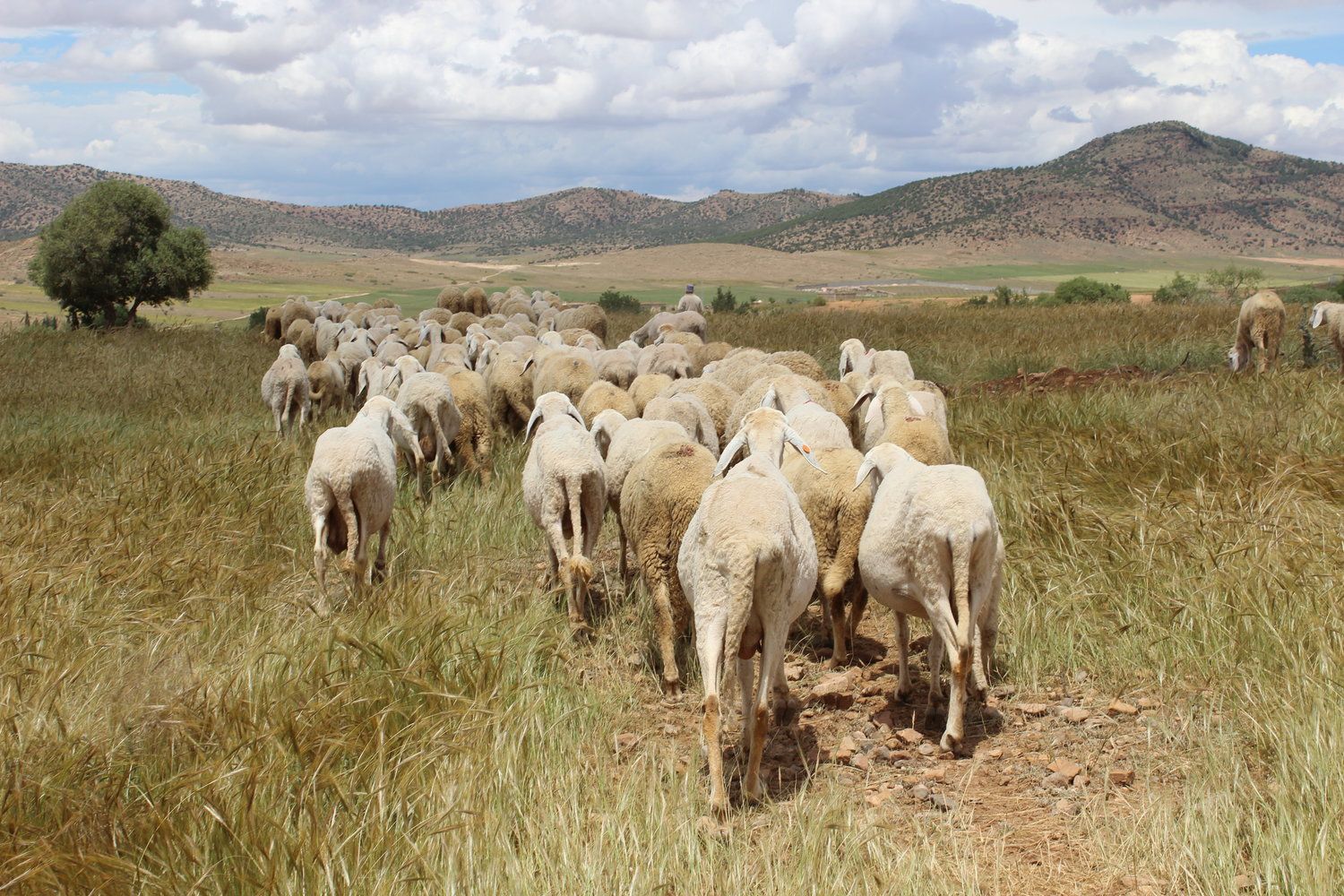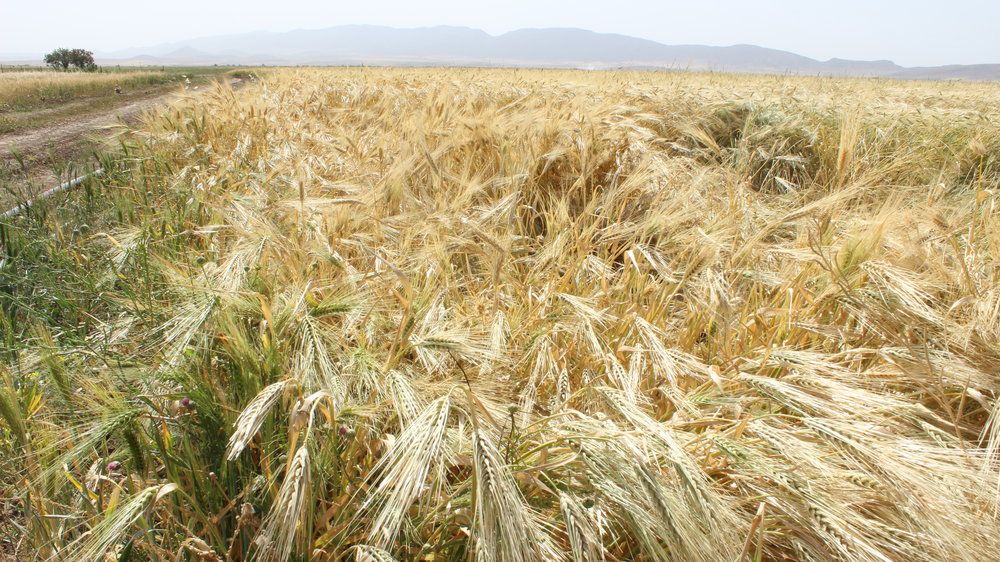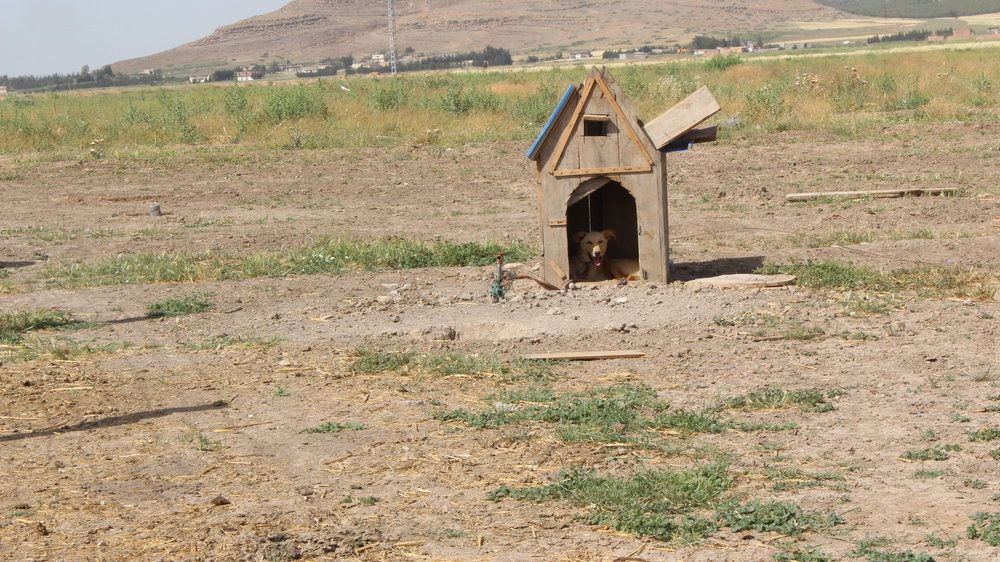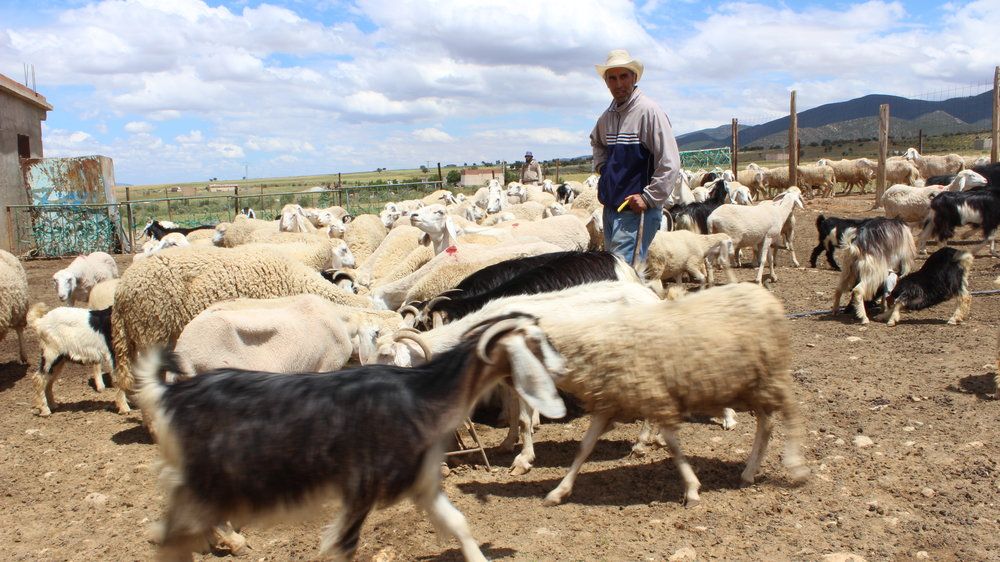November 03, 2017 | Pulitzer Center
The semi-arid region of mountains and valleys in the northeastern part of Algeria, less than 200 miles from the Tunisian border and about 100 miles south of Algeria's Mediterranean coast, faces rising temperatures and decreased rainfall. These climate changes affect traditional sheepherding practices, and small-scale herders are struggling to maintain their profits. In response, shepherds are implementing mitigation strategies, like limiting flock sizes and using shared water resources, to sustain their livelihoods.
